I’ve always been a seat-of-the-pants writer.
Someone who enjoys discovering the book as I write it. A pantser.

But a few months ago, I wrote myself into a cul-de-sac. I was stuck, so I avoided sitting down to write. And this is a book I love and have invested a lot of time and research in.
Based on feedback from my writers’ groups, I tried something very different. I decided to pick up from right before where I’d gotten stuck and plot the rest of the book in detail.
Cool story: After plotting the rest of the book, I finished my first draft within a month.
So I guess that makes me…a plantser.

When I first started writing, I read all I could about the writing process. My favorite mystery and suspense writers had inspired me to write in the first place, so I read everything I could about their writing processes. One of my faves, Elizabeth George, is a committed plotter, so I tried to do the same. I wrote up detailed outlines of each scene and plotted character arcs.
Then once I started writing, I completely disregarded them.
My story started telling itself. My characters came to life and wanted to make their own choices. It was so much fun, I just went with it.
That was my first book. On my second book, things have developed differently. I started with a compelling concept: a saintly old man is killed in a deliberate hit and run, and gradually you find out he was not the model human being he seemed to be (hint: Nazis may or may not be involved).
The last act of the novel then dealt with the consequences of the truth being revealed. This is where I got lost. There were too many directions to go in, and the one I wanted didn’t seem to fit. So I sat down and plotted my path to the final scene and denouement.
I found that when I finished plotting, I could easily pick up where I left off writing the next day. Hence, I didn’t procrastinate about sitting down to write.

I didn’t have to refresh my memory as to where I was in the story. Also, a benefit for my ADD self—I could break the writing up into doable chunks. I assigned myself a chunk for each session. Though as a pantser at heart, I sometimes kept writing because I got into the story and couldn’t stop myself.
Plotting in advance didn’t mean I couldn’t change things up once I got going. The climactic scene changed as I wrote it, and it wasn’t a big deal to go with that in the moment. I could throw in some interesting detours, since I knew where I was going to end up.
Whether you make it up as you go along or you plot your story in detail, it’s not a bad idea to shake things up. A YA writer in my writing group, a very detailed plotter, is now writing a sci fi romance with no plan at all. She’s loving it.
Part of learning the craft of writing is to try new things, to consider yourself a learner. And as someone only on her second book, I am not an expert at this. It’s possible over time I will settle into a completely different routine of sussing out a novel.
Pantser, plotter or plantser. We’ll see which way I go with book #3!
Writer friends, which one of the three Ps are you?

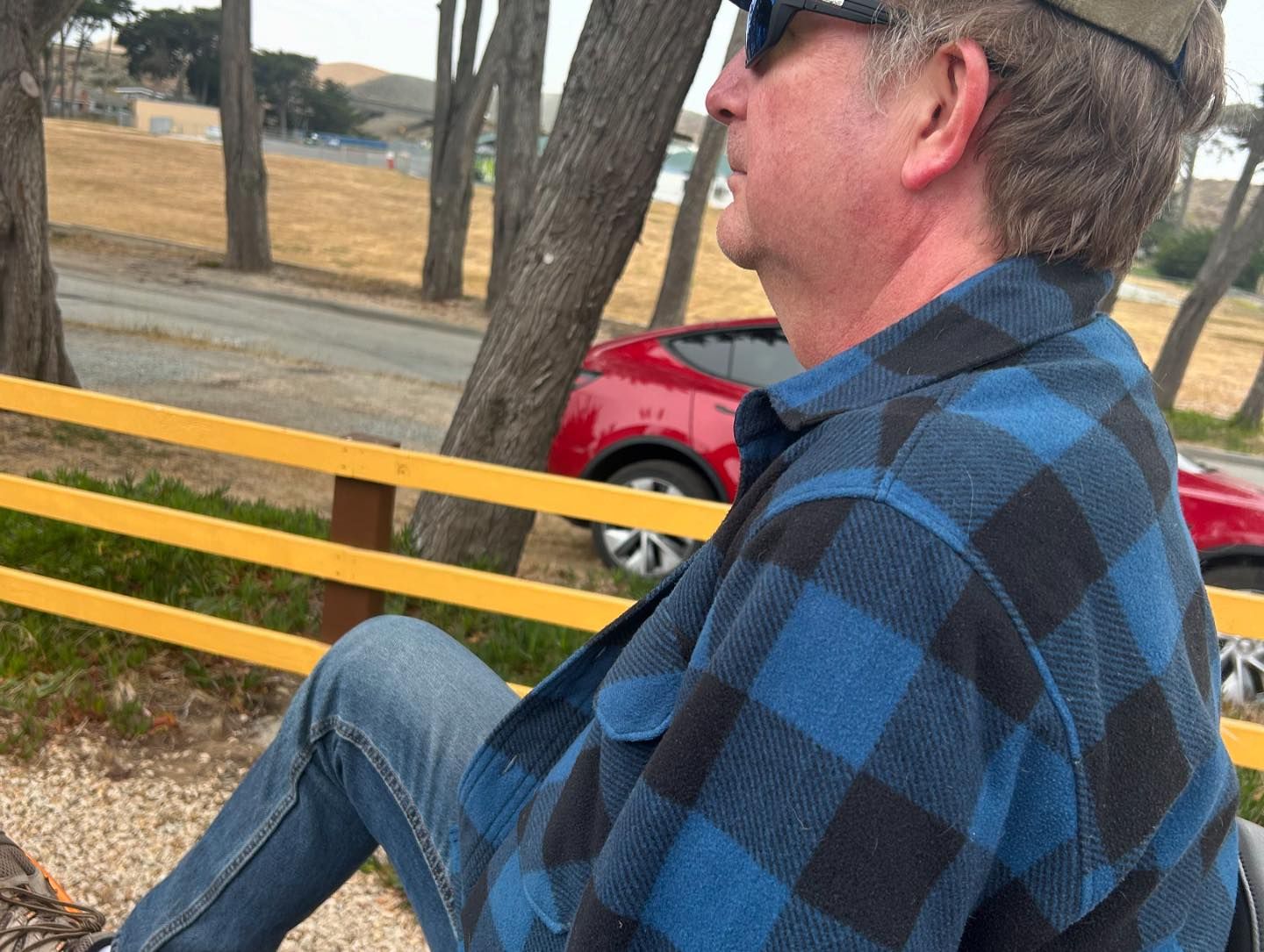
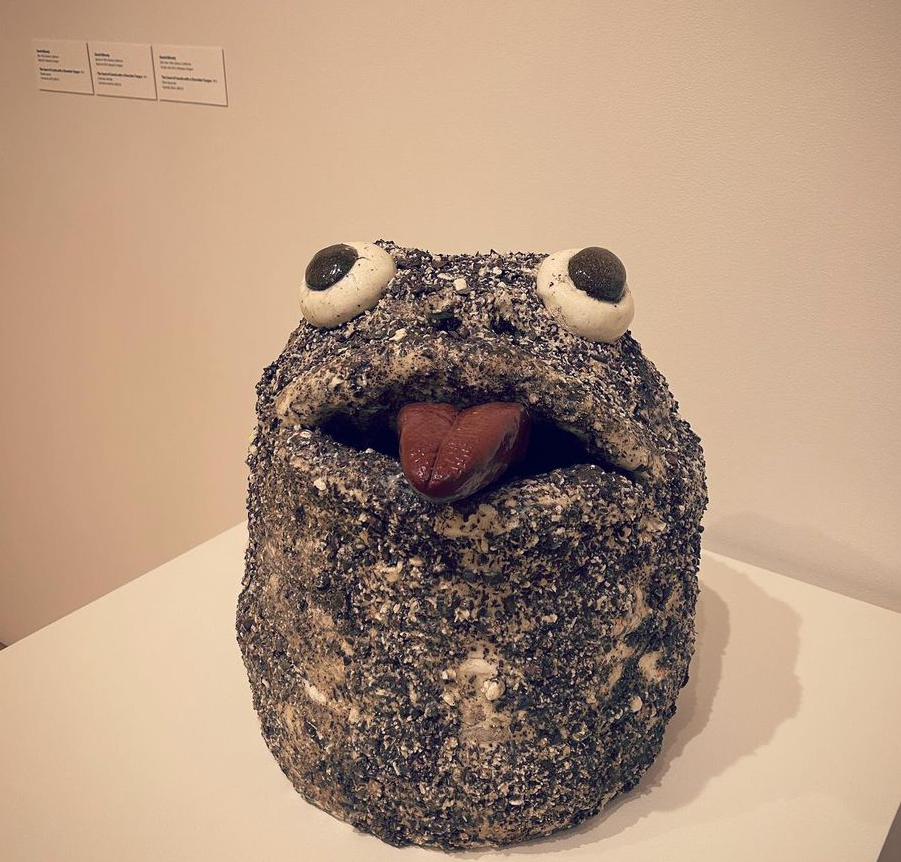

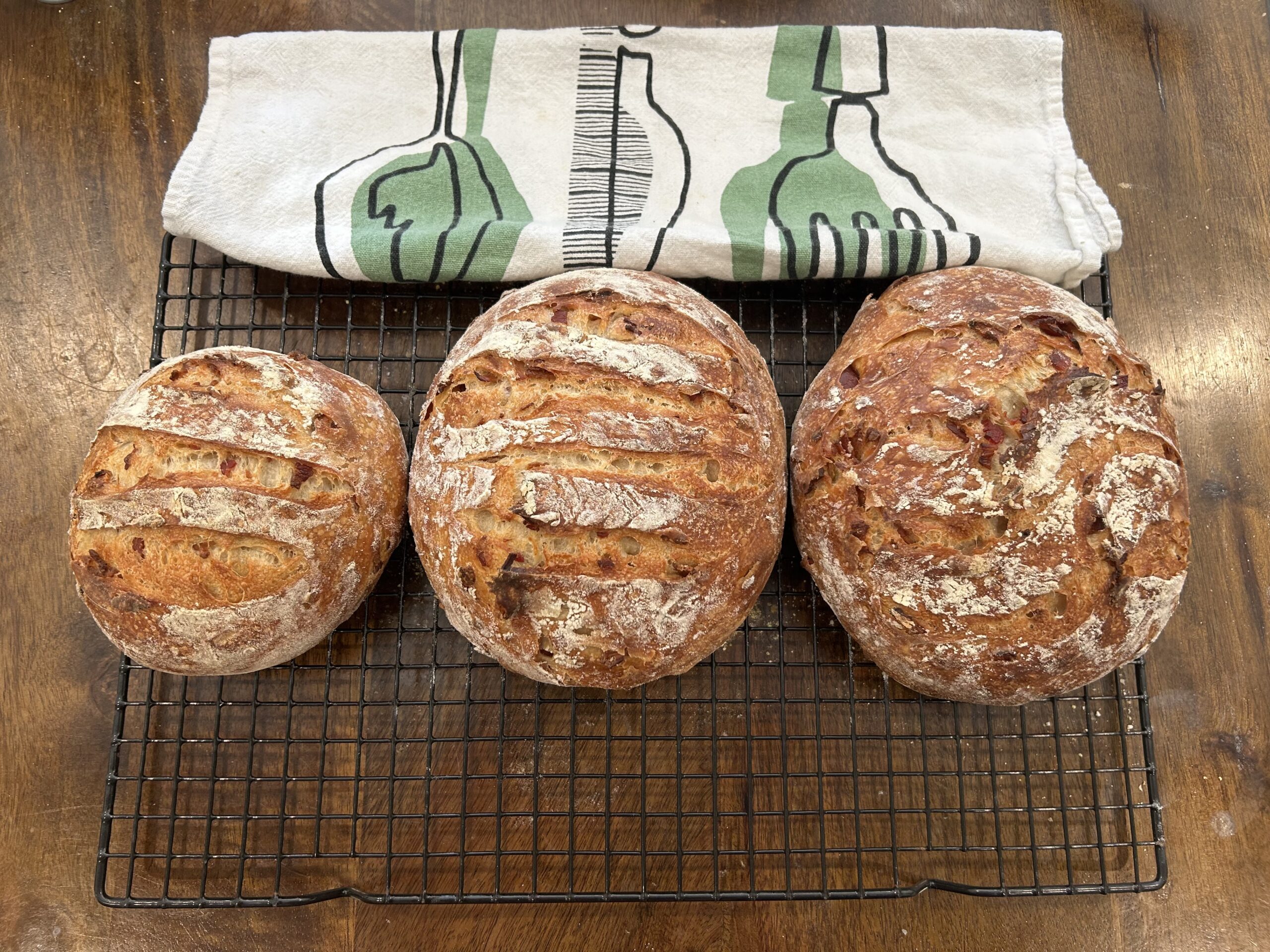

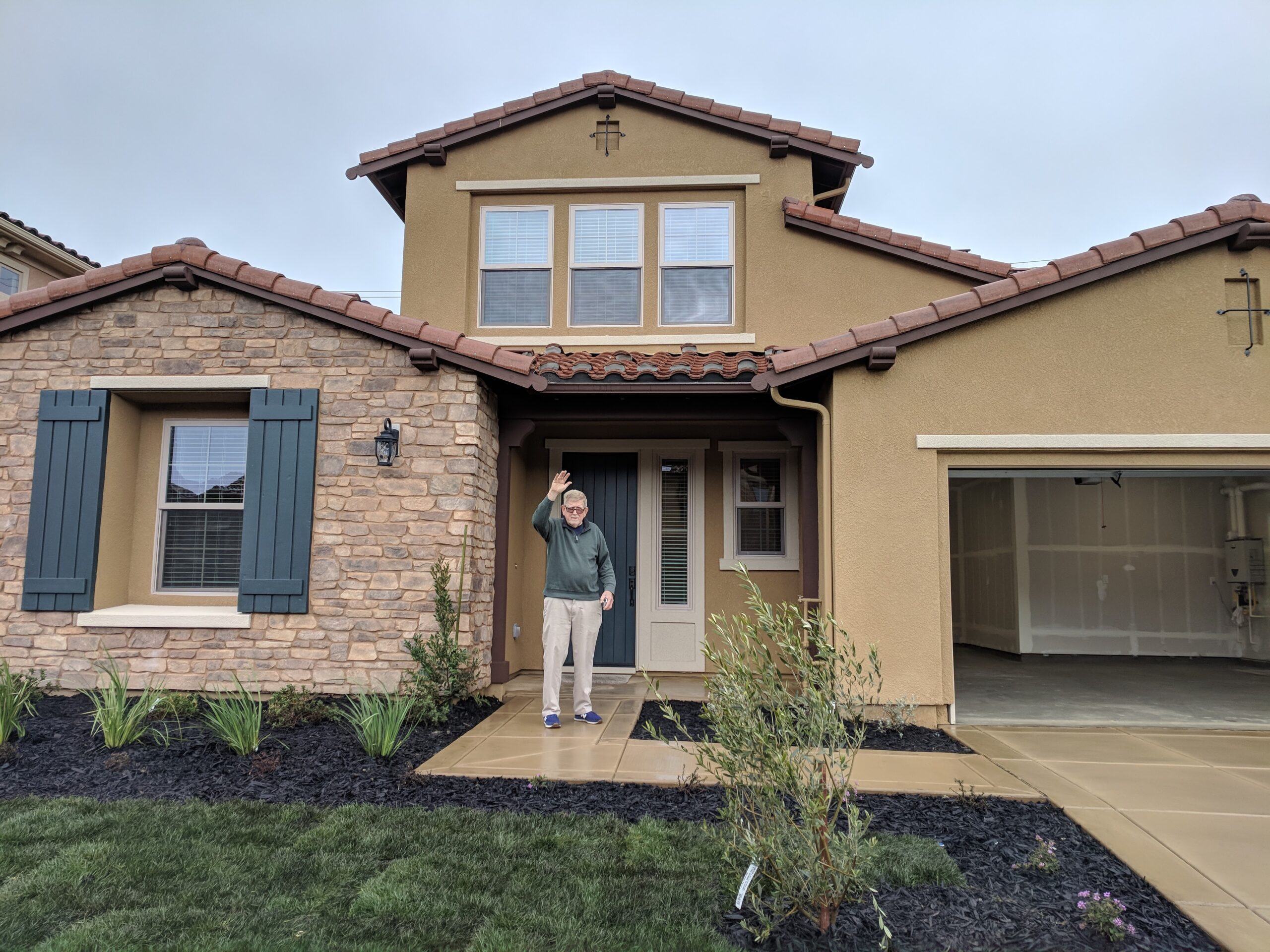
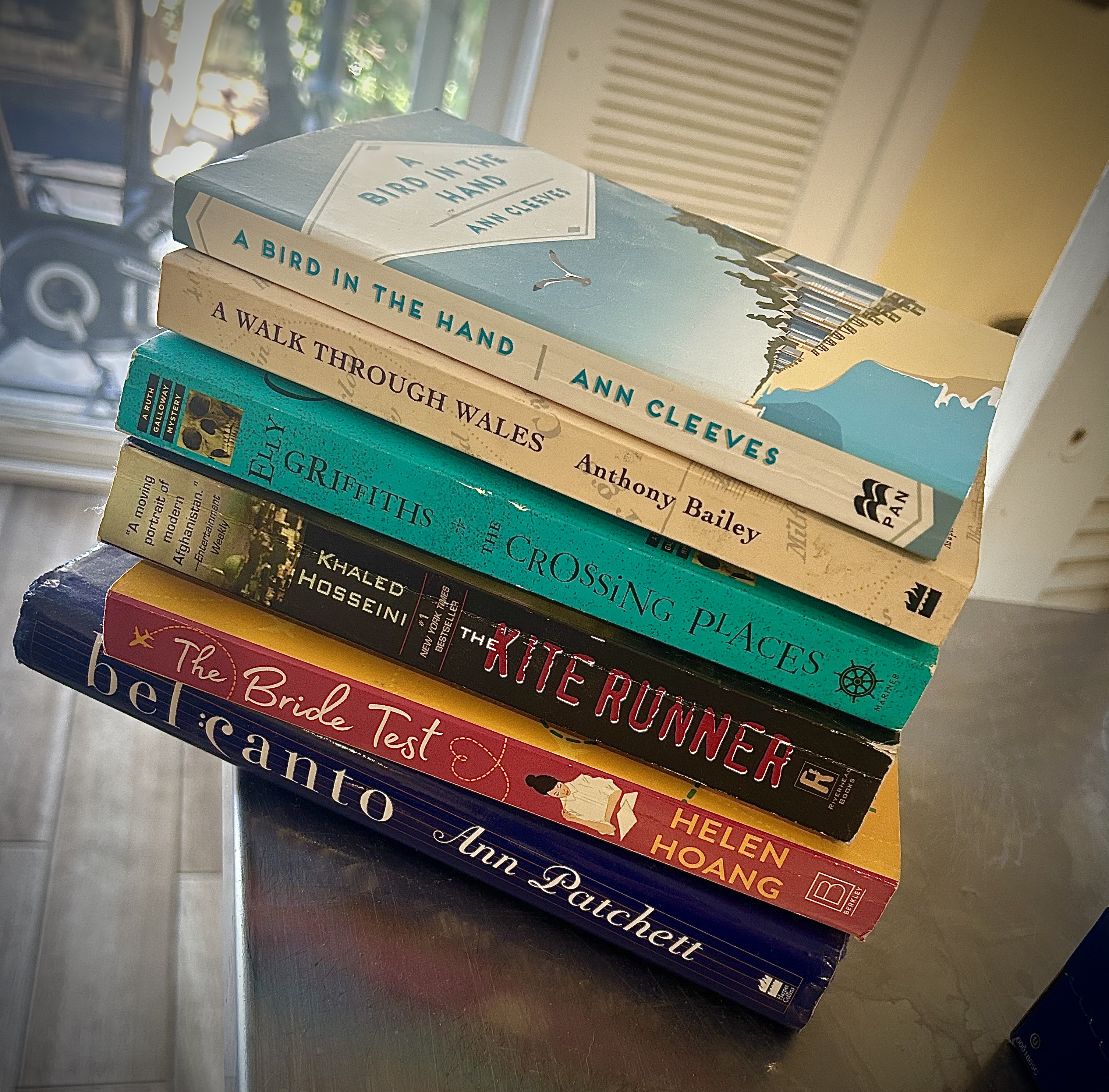
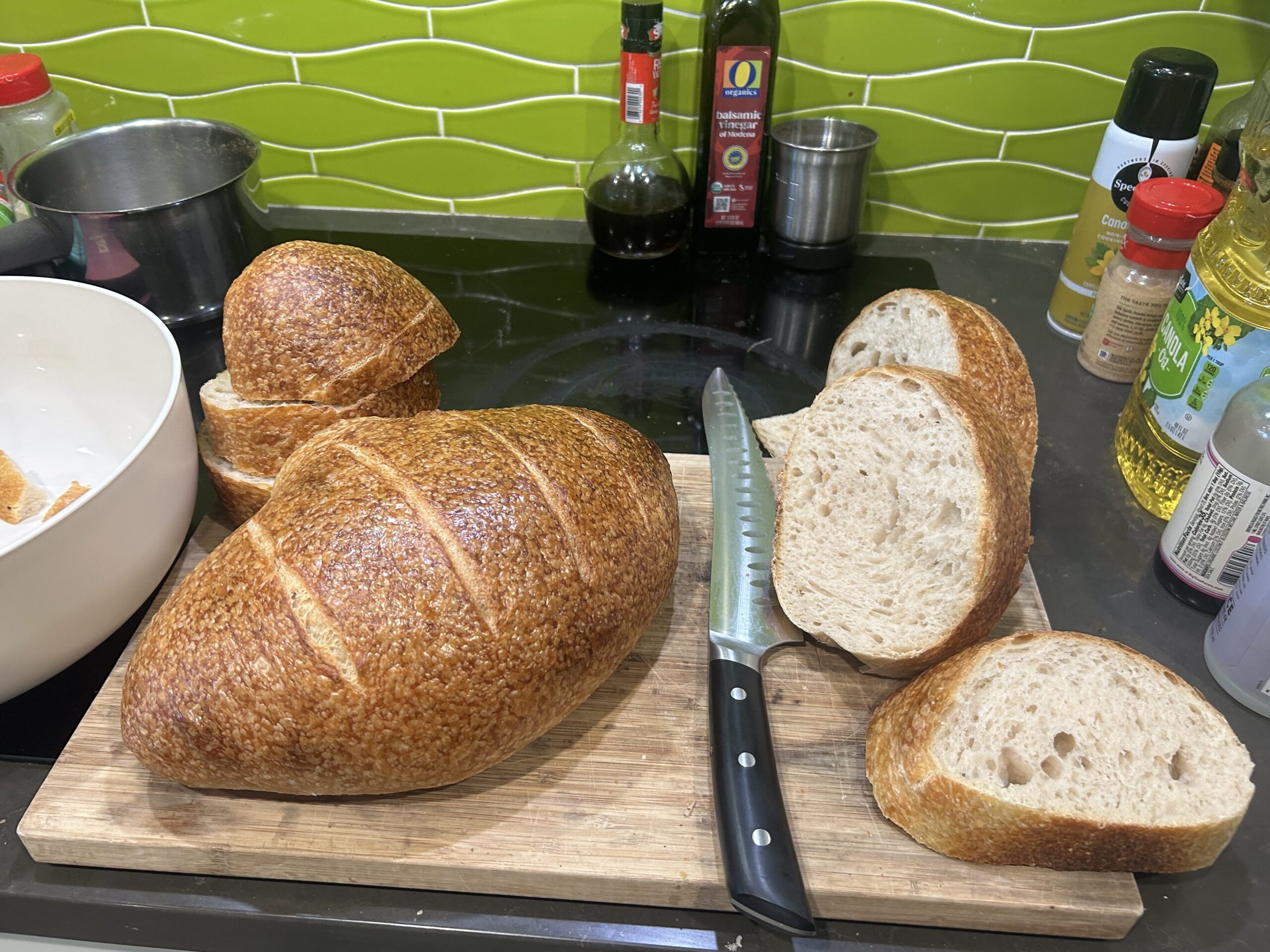
Proud plotter here! I also struggled with “pantsing” my first book for about nine months… getting nowhere fast… then I committed to plotting, and the book was finished by the end of the year.
Another plotter here too. I like the freedom of being a pantser within a scene, but only with an outline in mind.